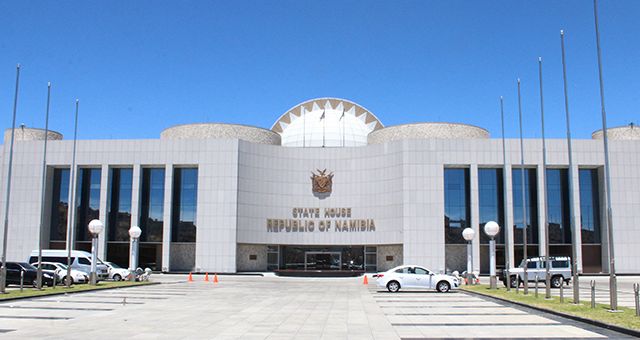TOYAKO, Japan – G8 leaders meeting in Japan agreed last night to seek UN sanctions against Zimbabwe, Italian Prime Minister Silvio Berlusconi said.
“The need and the urgency was indicated for sanctions at the UN Security Council,” Berlusconi said. “Given that even Russia decided to go ahead, it seemed to me important to join in, voting unanimously.”Initially Russia was against imposing financial or other sanctions on Zimbabwe over President Robert Mugabe’s widely condemned re-election last month.During one of the debates at the summit a Russian official suggested that Moscow, a veto-wielding permanent UN Security Council member, believed sanctions might spark further unrest.”We don’t believe in sanctions in this particular case as an effective tool to improve the situation,” said Alexander Pankin, a deputy Foreign Ministry department chief.He said Russia advocates “broad negotiation” involving African leaders.”It’s important to maintain peace and stability in Zimbabwe, and not to trigger a situation which would be unstoppable or could unfold in a very negative way.”Yesterday, Zimbabwe’s opposition party denied state media reports that it will hold talks with Mugabe’s ruling party.The opposition said Mugabe has failed to meet conditions including ending attacks on its supporters.The state-controlled Herald newspaper quotes Justice Minister Patrick Chinamasa as saying he received confirmation that Morgan Tsvangirai’s party and a splinter faction were ready to return to the negotiating table.But opposition party spokesman Nqobizitha Mlilo said yesterday there has been no movement because “the vampire nature of the regime has not changed.”Tsvangirai was on record saying the opposition will not participate in any negotiations until Mugabe’s government halts a wave of political violence against his supporters and accepts his victory in a March 29 presidential election.Tsvangirai won that poll but failed to win an outright majority.Mugabe was declared the winner of a June 27 run-off, which was boycotted by Tsvangirai and condemned as illegitimate by much of the world.Tsvangirai refused to attend talks with Mbeki and Mugabe in Harare on Saturday because that would have endorsed the veteran Zimbabwean leader’s disputed re-election.Tsvangirai accuses Mbeki of favouring Mugabe and has called for expanded mediation by the African Union.Nampa-AP-Reuters”Given that even Russia decided to go ahead, it seemed to me important to join in, voting unanimously.”Initially Russia was against imposing financial or other sanctions on Zimbabwe over President Robert Mugabe’s widely condemned re-election last month.During one of the debates at the summit a Russian official suggested that Moscow, a veto-wielding permanent UN Security Council member, believed sanctions might spark further unrest.”We don’t believe in sanctions in this particular case as an effective tool to improve the situation,” said Alexander Pankin, a deputy Foreign Ministry department chief.He said Russia advocates “broad negotiation” involving African leaders.”It’s important to maintain peace and stability in Zimbabwe, and not to trigger a situation which would be unstoppable or could unfold in a very negative way.”Yesterday, Zimbabwe’s opposition party denied state media reports that it will hold talks with Mugabe’s ruling party. The opposition said Mugabe has failed to meet conditions including ending attacks on its supporters.The state-controlled Herald newspaper quotes Justice Minister Patrick Chinamasa as saying he received confirmation that Morgan Tsvangirai’s party and a splinter faction were ready to return to the negotiating table.But opposition party spokesman Nqobizitha Mlilo said yesterday there has been no movement because “the vampire nature of the regime has not changed.”Tsvangirai was on record saying the opposition will not participate in any negotiations until Mugabe’s government halts a wave of political violence against his supporters and accepts his victory in a March 29 presidential election.Tsvangirai won that poll but failed to win an outright majority.Mugabe was declared the winner of a June 27 run-off, which was boycotted by Tsvangirai and condemned as illegitimate by much of the world.Tsvangirai refused to attend talks with Mbeki and Mugabe in Harare on Saturday because that would have endorsed the veteran Zimbabwean leader’s disputed re-election.Tsvangirai accuses Mbeki of favouring Mugabe and has called for expanded mediation by the African Union.Nampa-AP-Reuters
Stay informed with The Namibian – your source for credible journalism. Get in-depth reporting and opinions for
only N$85 a month. Invest in journalism, invest in democracy –
Subscribe Now!










